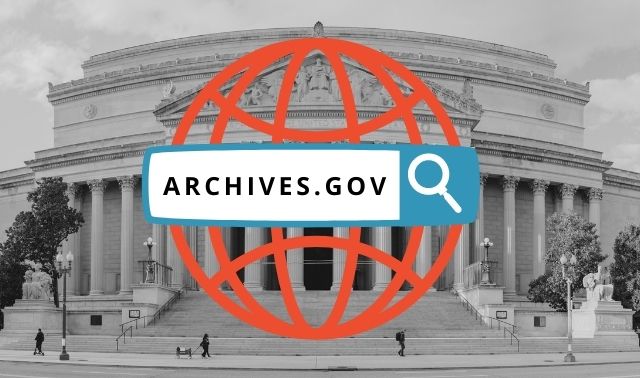You’ve heard it before: Think like a historian. The period sources that social history researchers use can tell you a lot about your own ancestors’ lives. But the idea of scrutinizing copy after copy of historical magazines, journals and newspapers would make most ancestor hunters groan.
Now you can stop bristling and start searching — online. It’s easier than ever to mine historical and genealogical periodicals for family data, thanks to Web sites that let you access them from home and for a reasonable fee. No more painstaking scanning of pages — most digital archives offer full-text searching, and the pages appear online exactly as they do in the original. Try these three subscription sites to search periodicals from the past:
• The New England Historic Genealogical Society (NEHGS) recently launched a new Web site with a searchable version of its New England Historical and Genealogical Register at <www.newenglandancestors.org>. The Register has published thousands of New England genealogies and is known for articles and historical transcriptions. The database covers 1847 to 1994.
To use the online Register, you have to belong to NEHGS; just log in using your member number and click the Research tab. Not a member? You can join online. Membership is $60 a year and includes access to other members-only areas of the Web site. You also get subscriptions to the print Register and New England Ancestors magazine.
Once you’ve logged on, scroll down and click Search Our Databases Now. Type the name you’re researching, then select Exact Search or Begins with (if you’re unsure of the spelling.) This feature works with first and last names and isn’t case sensitive. This online database is a huge time saver: You can search the entire series with a few mouse clicks.
• Accessible Archives <www.accessible.com> began its online storehouse of 18th-and 19th-century periodicals by digitizing the 1728 to 1800 Pennsylvania Gazette. It now has seven databases of full-text articles, including Civil War news, county histories and The Pennsylvania Genealogical Catalogue.
The site has an impressive collection of African-American newspapers. Digitized issues of New York City’s Freedom’s Journal (1827 to 1829) and The Colored American (Weekly Advocate) (1837 to 1841), Rochester’s Frederick Douglass Paper (1851 to 1855) and The North Star (1847 to 1851), Philadelphia’s The Christian Recorder (1861 to 1902) and Washington, DCs The National Era (1847 to 1857) show blacks’ perspectives in 19th-century America. The collection also includes one Canadian paper, the Provincial Freeman (1854 to 1857) of Chatham, Canada West (now Ontario).
You can explore your female ancestors’ daily lives in Godey’s Lady’s Book, a women’s magazine that entertained and educated through fashion, manners and literature. You’ll have an easier time dating photographs from 1830 to 1880 by examining the full-color fashion plates that appeared in the magazine.
• The William and Mary Quarterly, published by the Omohundro Institute of Early American History and Culture, the College of William and Mary and the Colonial Williamsburg Foundation, is a valuable tool for family historians — particularly those with Colonial roots. A variety of early American genealogical material appeared in the first two series (covering 1892 through 1944), including vital records, court documents, probate records, letters and diaries. The online version <www.wm.edu/oieahc/WMQ> is fully searchable by word, phrase or name. Researchers can print, download and even bookmark articles. The Quarterly is available by subscription through JSTOR, a non-profit group that digitally preserves academic journals.
From the June 2002 issue of Family Tree Magazine




